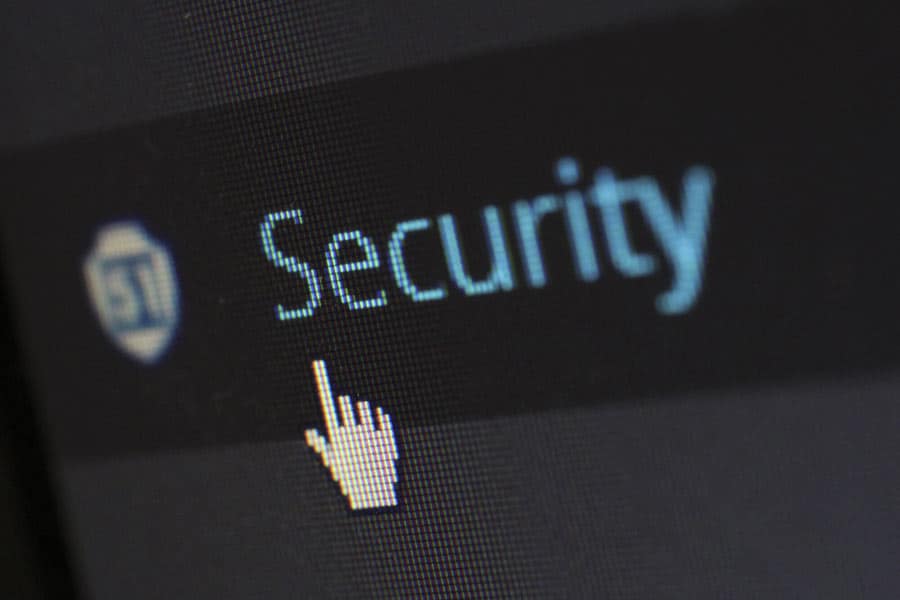Why the Healthcare Sector Should Prepare for Cyberattacks

 The healthcare industry is known for storing a large amount of sensitive data daily. Unfortunately, there are people out there who seek to compromise this information for their benefit.
The healthcare industry is known for storing a large amount of sensitive data daily. Unfortunately, there are people out there who seek to compromise this information for their benefit.
By retaking a proactive approach to cyberattacks, though, you will be able to ensure that your healthcare data stays safe as possible.
Let’s explore everything that you should know.
The Cybercrime Industry Is Growing
By the end of 2021, the cybercrime industry is projected to be worth over $6 trillion. As a result, more companies than ever before or now at risk of experiencing a catastrophic data breach.
Not only is the overall number of cybercriminals growing, but the frequency of attacks is increasing, and more advanced techniques are being used. Additionally, many cyberattacks originate from other countries, making it difficult to take action against the perpetrator.
In most cases, tracing the attack to a particular source will not lead to a sufficient resolution, so it’s better to prevent them altogether.
These factors combined to pose a significant threat for any healthcare business that is not proactively ramping up its data security. Keep this in mind when allocating resources to this obligation so that you can fully defend against the possibility of a cyberattack.
You Will Remain Compliant
As you know, there is a large number of regulations in the healthcare industry that dictate how data should be stored. The Health Insurance Portability and Accountability Act (HIPAA) standards come to mind in this scenario.
If these regulations are not met, a firm runs the risk of adverse consequences. These typically include fines and penalties, but you could also experience an adverse blow to your reputation.
Even a relatively minor incident could cause a handful of challenging issues for your clinic to deal with. This situation is especially true for minor clinics that may not weather the blow as effectively as larger healthcare companies.
Healthcare Businesses Are High-Risk Targets
Since healthcare companies store large amounts of personal information, they are proverbial gold mines in hackers’ eyes. This reality means that they are often prioritized over other types of businesses when it comes to illegally compromising data.
For example, a single attack could allow someone to access the full name, date of birth, Social Security number, etc. of thousands of people. This data can often be utilized before anybody realizes that any wrongdoing has occurred.
It only makes sense to implement the best protection possible in order to keep your clinic’s data secure, and this is a responsibility that should never be overlooked.
Devices Used Are Easy Entry Points
It is relatively typical for clinics to use a large number of devices that can connect to the Internet. For example, the hospital might implement a notably high number of iPads to streamline the patient care process.
Unfortunately, each new device used is a unique opportunity for hackers to get access to company information. As you might guess, larger firms or at an exponentially higher risk due to the sheer number of devices they use regularly.
To make matters worse, even a single compromised device could provide a hacker with sufficient access to the hospital’s network, allowing them to obtain the data that they are looking for.
However, working with a professional managed IT service provider can ensure that your network remains protected as possible, allowing you to emphasize the core roles of your facility.
Many Healthcare Firms Have Insufficient Protection
This statement often catches as many people off-guard, but it holds a large amount of truth. In general, you find that many hospitals are running outdated operating systems on their computers and using applications that are well behind the newest version.
Although this could make sense from a productivity standpoint since medical staff will have to adapt to any changes, it also leaves a sizable hole in the clinic’s cybersecurity defenses.
One of the most common scenarios involves the hospital using medical software no longer supported by its original developer. Since using new software would require additional training, financial investment, etc., most clinics in this scenario tend to continue this practice.
But, this is essentially the equivalent of driving without a seatbelt on the highway— although it does not guarantee that something will happen to you, the results will be far worse if an incident does happen to occur.
Healthcare Staff Are Not Always Properly Trained in Security
There is only so much that can be done regarding device security when it comes to protecting data. Implementing proper staff training is essential to keeping information safe since it greatly influences how it is stored.
In general, it is recommended to hold periodic training sessions throughout the year to ensure that everybody is up to speed on their data management responsibilities. Even brief training like this can have a significant impact and how adequate your firm’s security is, so do not neglect the utility it provides.
Defending Against Cyberattacks Can Seem Difficult
The above information will make sure the process goes as smoothly as possible. From here, you will be able to effectively protect your company against cyberattacks and prevent issues from arising down the road.
Want to learn more about what we have to offer? Feel free to reach out to us today and see how we can help.
Sagacent Technologies offers technology management and support, including proactive/preventative maintenance, onsite and offsite data back-ups, network and security audits, mobility solutions, disaster planning, and emergency business resumption services. The company serves clients of 10 to 150 employees within the Silicon Valley region.
